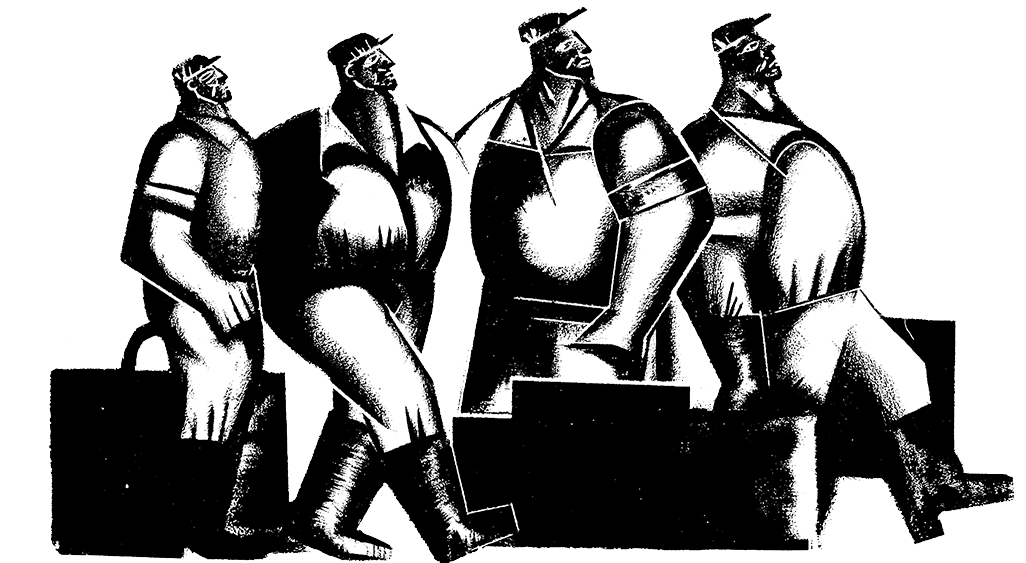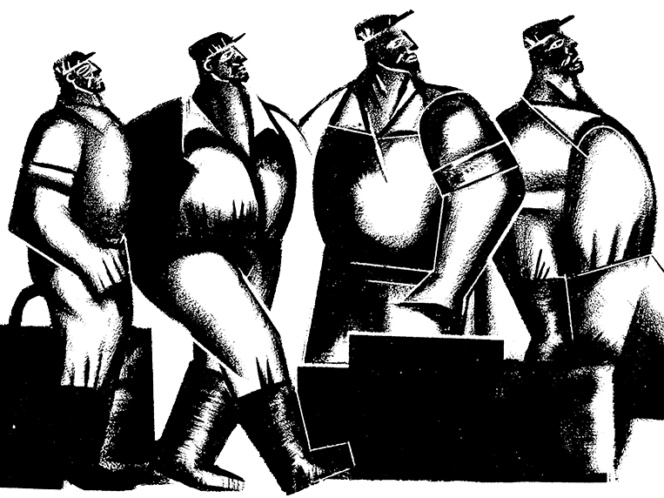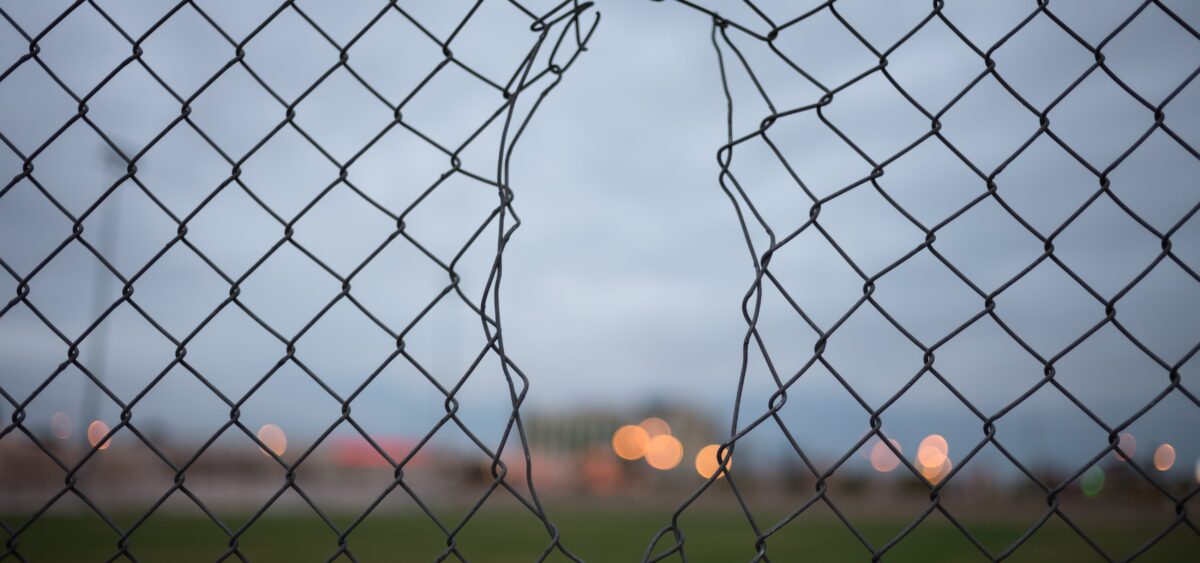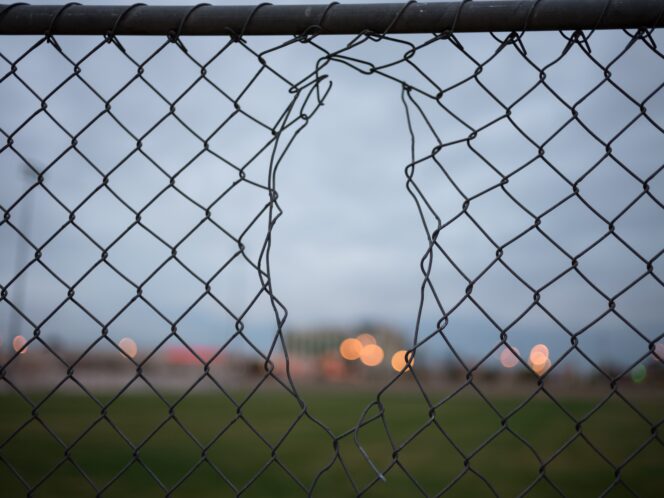
When Hamzat Baymuradov killed the local police chief, his brothers and cousins stopped leaving their homes. Some even left the village, without saying goodbye or hinting where they might be found.
Looking out from behind a fence at the cars belonging to the Baymuradov family, loaded down with all of their worldly possessions, neighbours from the Chechen rural locality of Avtury weren’t all that surprised. They knew that the recent killing of the head of police would have to be paid for – in blood. It didn’t matter that the murderer, Hamzat, was shot during his escape, absolving his family from any accountability. This would have been the old way, in line with the sacred obligations of revenge decided by councils of elders, people who knew about life and customs; the learned ones, pious and respected, the sort whose word no one would dare challenge. This is how it might have been once upon a time. But not any more. These days, the question of what is and what isn’t bound by the obligations of ancestral vengeance is decided (just like all other matters) by Chechnya’s young, impetuous president and his hangers-on. In their opinion, conflict resolution has little to do with ancient traditions or justice. Instead, it comes down to the simple question of retaliation. Especially when it involves someone from their ruling clique.
Abubakar Ustarkhanov, the head of the Avtury police, was a member of this clique. His death would have to result in the punishment of not only his murderer, but also the murderer’s family. After Hamzat Baymuradov was found and killed, policemen dumped his bullet-riddled corpse in the village








